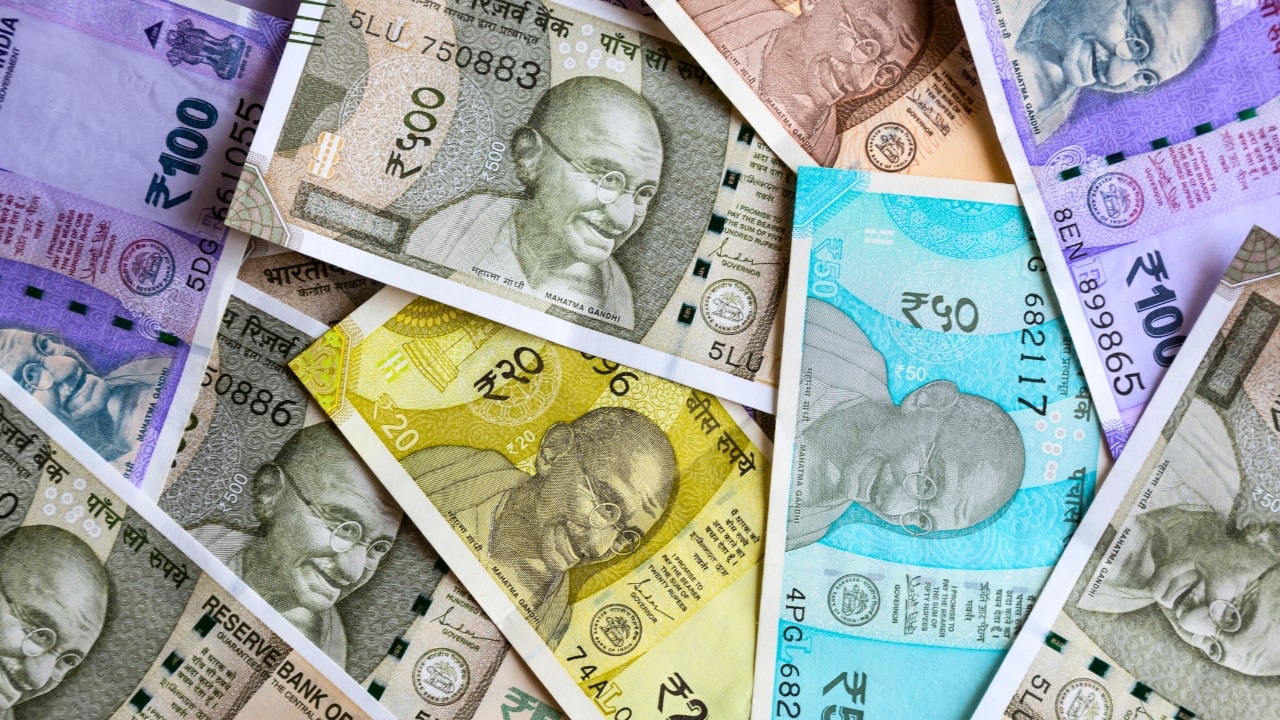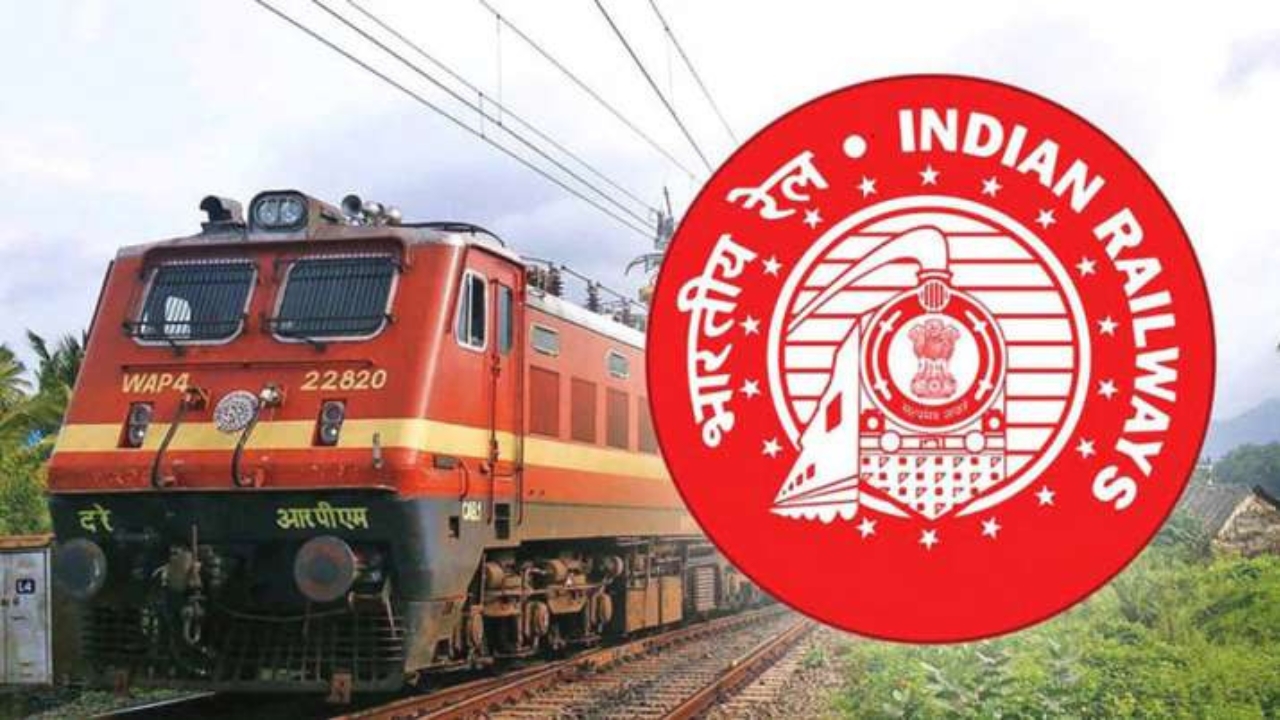With the increasing number of credit and debit card users, related fraud cases are also increasing rapidly. In such a situation, to provide maximum security to the users, the Reserve Bank of India first started Card Tokenization. Seeing its benefits, the Central Bank has now introduced a new tokenisation channel – Card-on-File Tokenisation. Cardholders can directly link their accounts to different e-commerce platforms through this new facility.
RBI Announced
After the Friday Monetary Policy Committee (RBI MPC Meeting), the Reserve Bank has given information about the new changes in Card on File Tokenization (CoFT). The Reserve Bank started Card on File Tokenization (CoFT) in September 2021. Along with this, this system was created on October 1, 2022. Till now, RBI has issued more than 56 crore tokens through this system, the total value of which is more than Rs 5 lakh crore.
What Changed In The Token System?
It is worth noting that earlier, to make purchases through credit and debit cards; cardholders had to enter all the details related to the card on the website. Due to this, there was a risk of misuse of the card information, but since the introduction of the token system, the details have become mandatory. Now, the work is done through tokens. This keeps the card details safe and also saves time in making payments.
According to the present system, customers must create a token by visiting the e-commerce website, but now it can only be created at the bank level. With this, customers can easily shop on all websites with just one token.
RBI Did Not Change The Repo Rate
After a three-day meeting on Friday, the Reserve Bank announced that there would be no change in the repo rate. It remains stable at 6.50 per cent. After this decision, while the customers investing in FD have relief, there is news of shock for the customers hoping for cheap home loans and car loans during the festive season.











